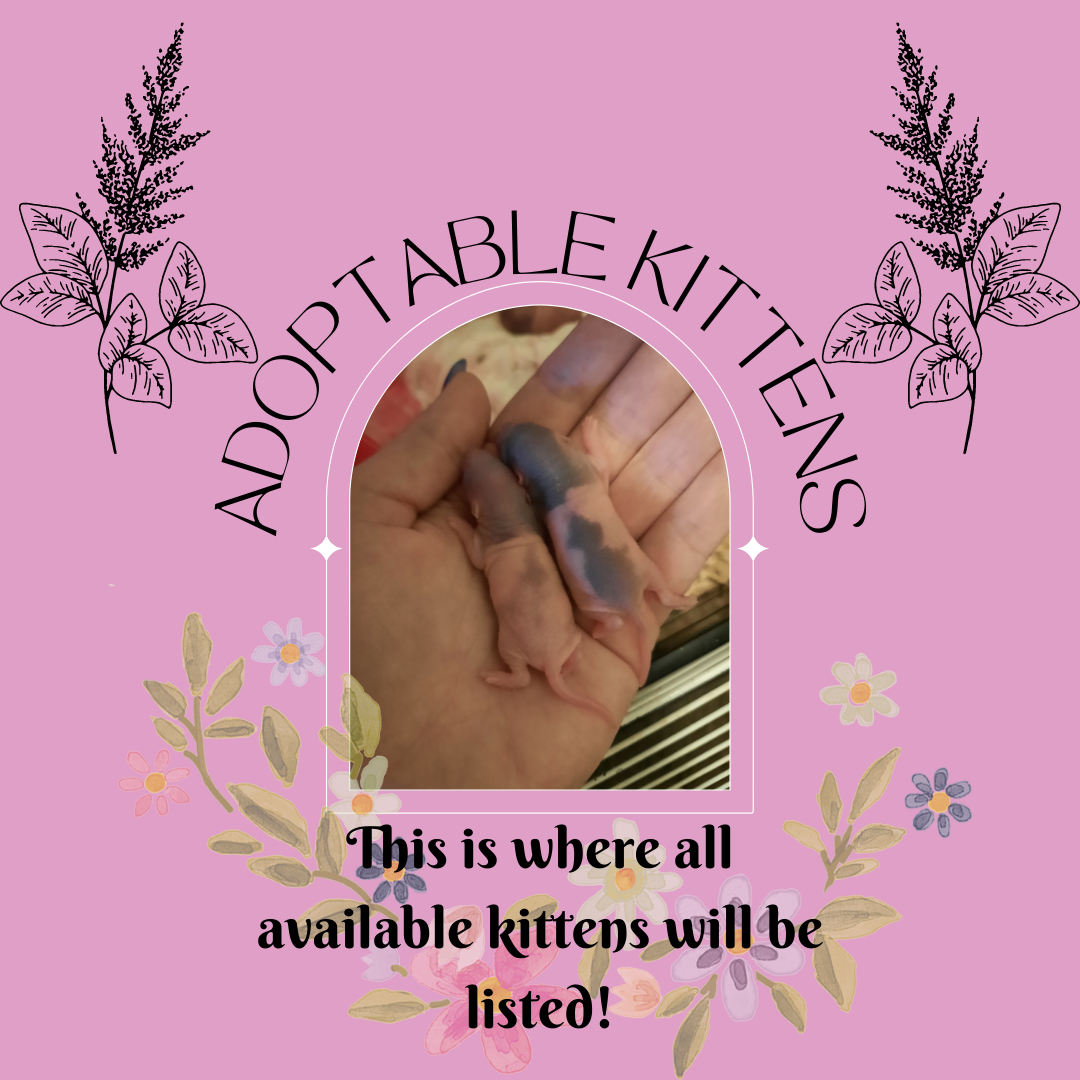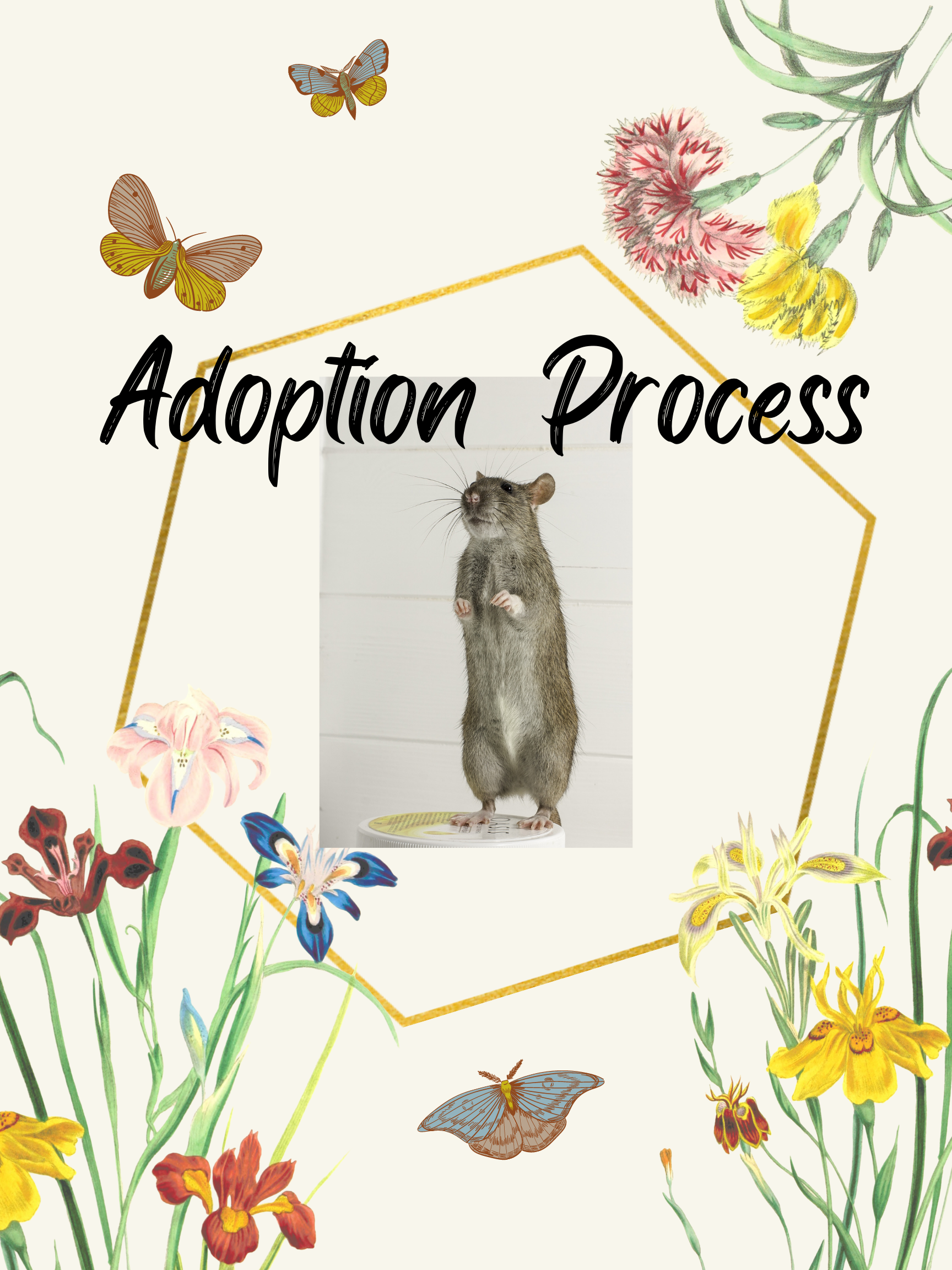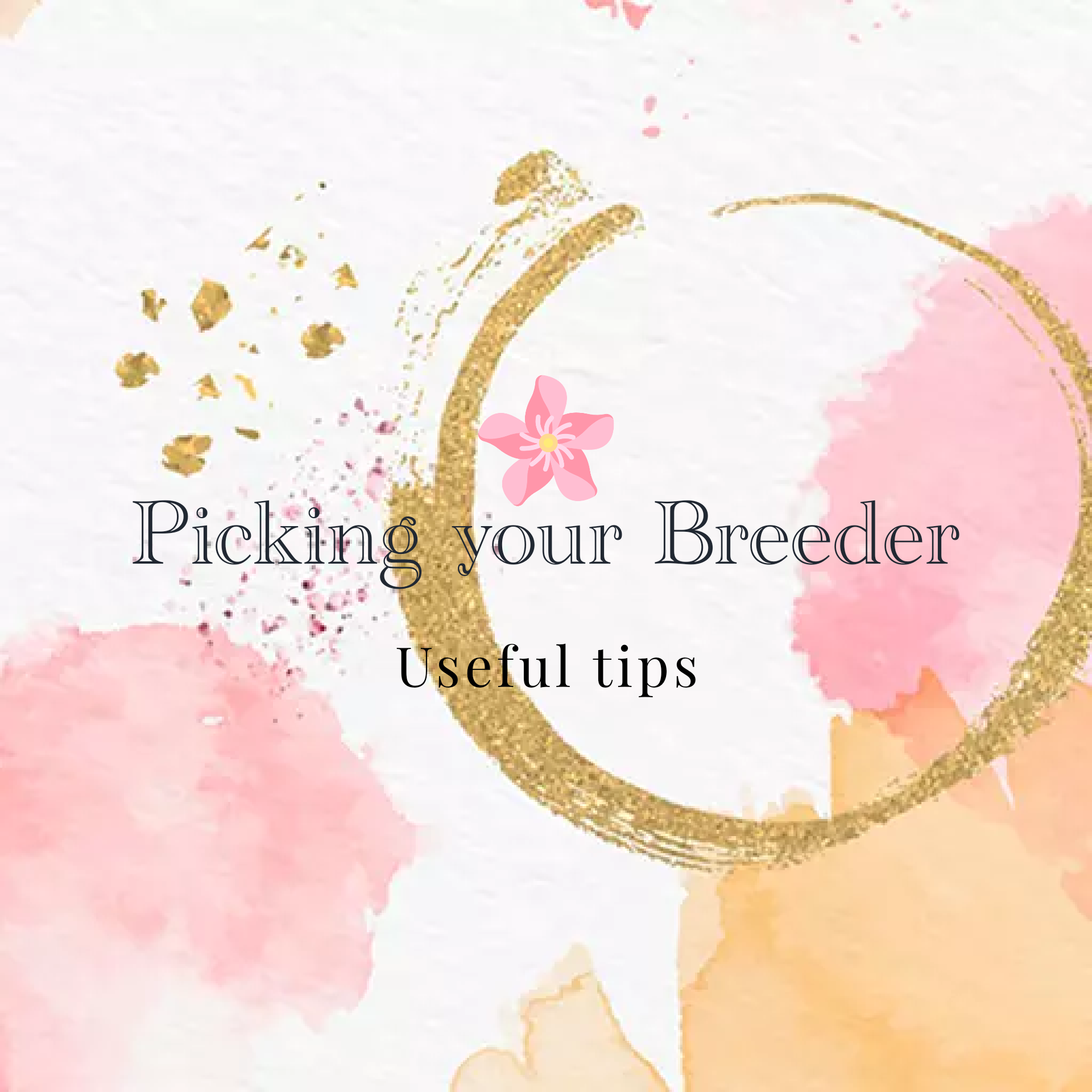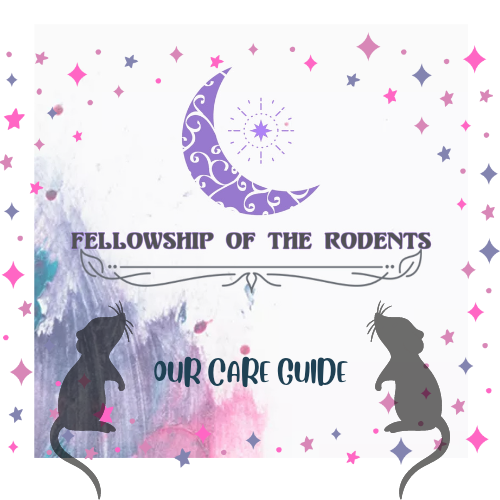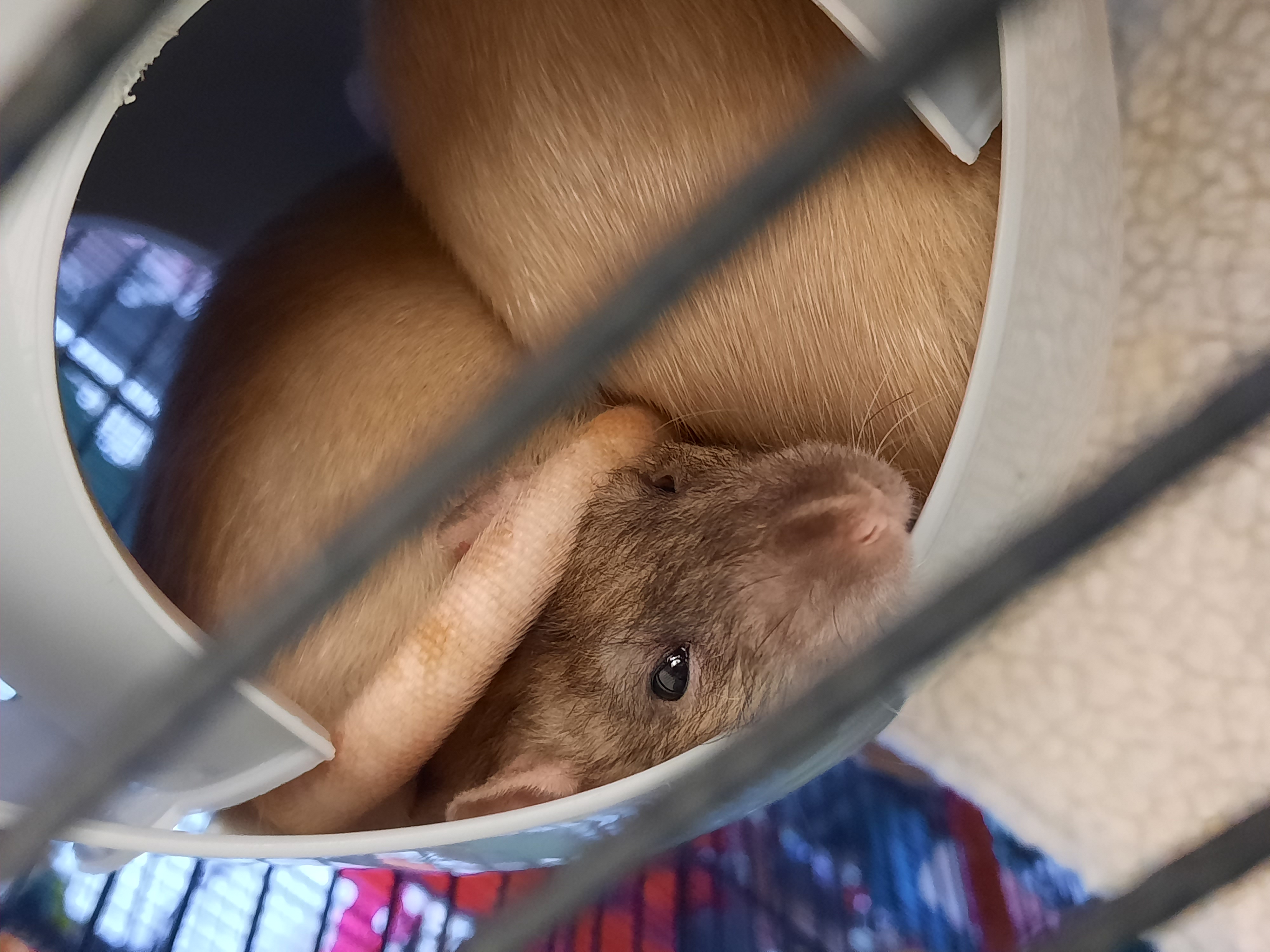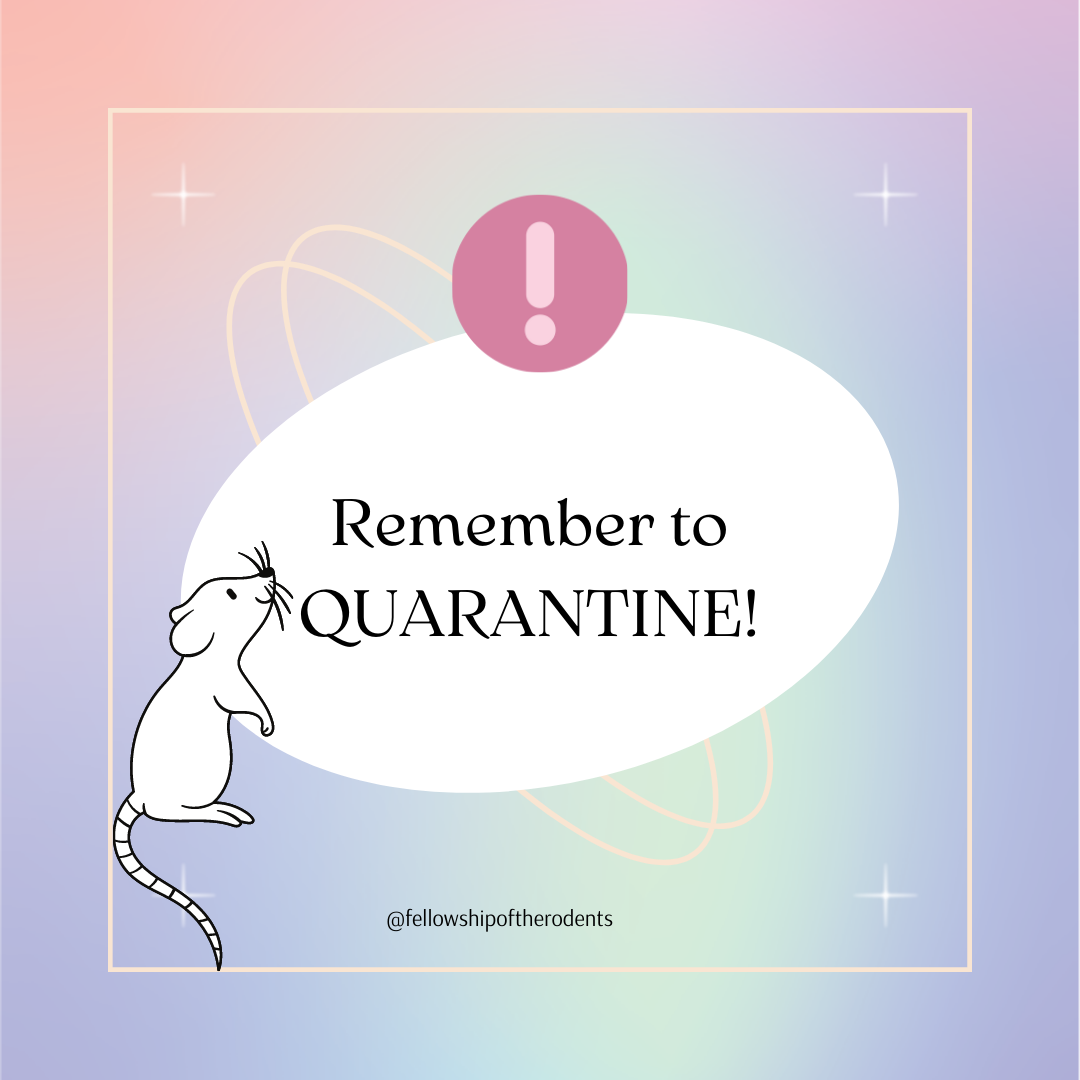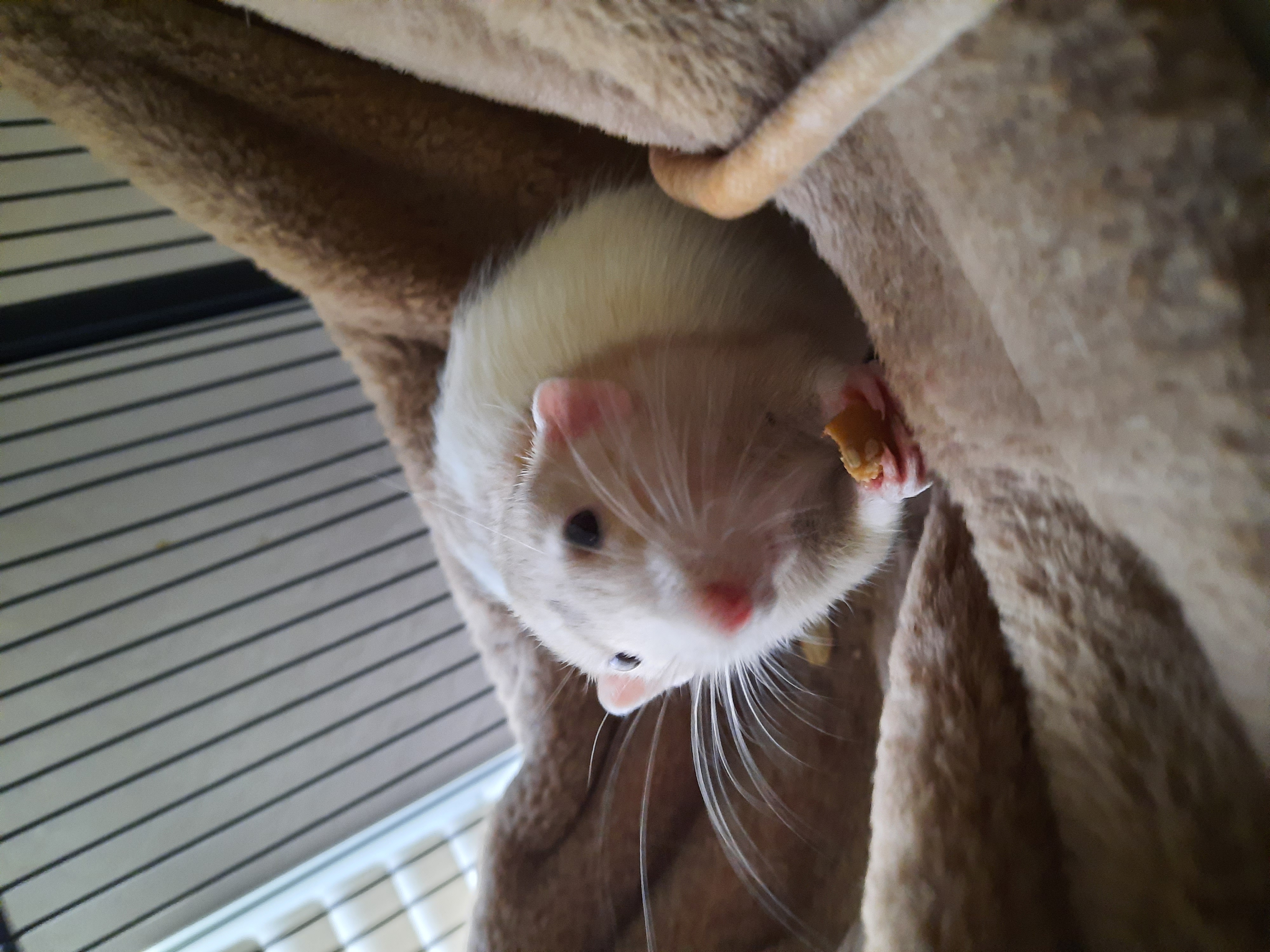Welcome to the Rattery!

Feel free to browse around the website for information, upcoming litters, and available rats for adoption.
Breeder listed with AFRMA.
This Rattery was founded due to my love of pet rats. At this time I am working with the following varieties: D'argent and Essex. I have owned rats for over 20 years, and have begun the journey of breeding. I wanted to breed rats because there aren't enough friendly, healthy, rats in the world.
UPDATE 6/8/22: I am now working directly with Black Wolf Rattery, my friend and mentor. I have been entrusted with her revered dalmatian line. Once I am producing litters from this line my adoption process for those kittens specifically will be changed. See adoption process for more on this line.
The rats produced by me are bred for temperament, health, and genetics. With that being said, I only breed from rats who have displayed no temperament issues, no chronic health issues, and overall great body condition.
I run a closed rattery. This means I do not allow adopters into my home. This is to protect the animals in my rattery for potential viruses and illness that can be unknowingly transfered from an adopter.
I adopt out only to approved adopters, and I try my best to make the entire process as smooth as possible for both parties. I require an adoption application and a contract filled out prior to pick up.
I am now partnered with Bun Run, a transport service! Bun Run services Central and Southern CA as well as Arizona and Nevada. Now more adopters are able to adopt rats from my rattery!
Whether you're a first time rat owner or a veteran owner, I feel there is always more to learn and improve on. I am always here to answer questions and give advice. So please feel free to reach out!
Last but certainly not least, all rats adopted from me have a take back guarantee. This means, if for ANY reason you cannot keep your rats, they must come back to me and only me. I have this in place to ensure no rats end up in bad hands and so that way my adopters feel comfortable knowing their babies will have a safe haven if needed. There are far too many rats in this world dumped in shelters or rehomed due to unforeseeable situations.
Thank you for reading!
Swipe to the right 👉

